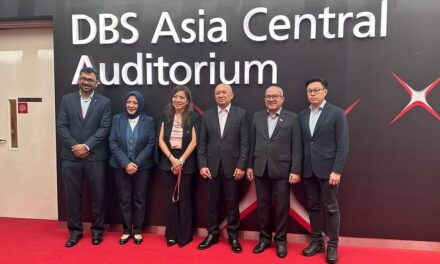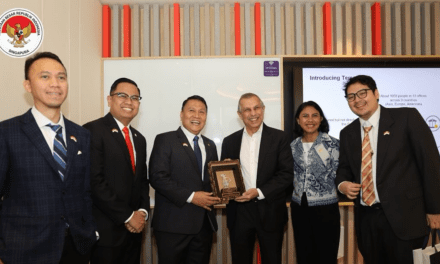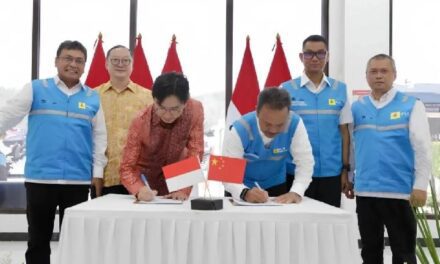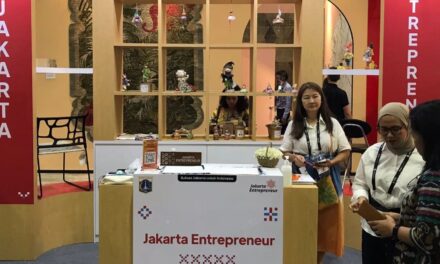The residential market in Singapore is very diverse and offers a variety of lifestyle options ranging from city living to suburban living; high-rise housing to landed homes; plenty of choices catering to young working professionals as well as families.
Most of the condominiums in Singapore are equipped with facilities such as gyms, swimming pools, barbecue pits, playgrounds and 24-hour security. Landed residential properties are also available for lease. Expatriates staying in landed properties usually choose to join recreational clubs to socialise and enjoy the facilities which are not available in landed homes.
There are no restrictions to foreign ownership of condominiums. However, purchase of landed properties by a foreigner (individual or company) is subject to written permission from the Land Dealings Approval Unit.
Prime Districts
Prime residential districts of 9, 10 and 11 remain the top choice for foreign investors and expatriate relocated to Singapore. Attraction in these districts include the prime shopping belt of Orchard Road; famous international schools and local schools; Holland Village and Dempsey which are favourite Food and Beverage enclaves for both expatriate and locals alike. Over the years the Marina Bay, Shenton and Tanjong Pagar areas, located within the Central Business Districts (CBD), have grown in popularity largely due to government initiatives in enhancing the attractiveness of the CBD as a live, work and play area. The last few years also saw the completion of a number of luxury condominiums and un-gated landed homes situated in Sentosa, an island approximately 20 minutes’ drive from the CBD.
Loans
Banks typically grant loans to foreigners or expatriates of up to 60 — 70 per cent of the valuation or purchase price of the property, whichever is lower.
Interest Rates
Banks offer property loans with two types of interest- floating and fixed rates. However, banks may offer a mixture of floating and fixed rates for different situations. There is usually a minimum loan period of 3 years i.e. a penalty will be imposed on early redemption. Interest rates and mortgage packages vary from bank to bank. If you are buying the property under a company’s name, the interest rate will be approximately 0.5 per cent to 1 per cent higher per annum (depending on the loan amount, market conditions and rates offered by different banks), compared to buying under a personal name.
Payment Terms
Payment terms vary between purchasing from developers or from private individual owners as shown below:
Purchase of Private Properties from Housing Developers
Developers normally offer progressive payment schemes following the stages of construction.
| Option to Purchase | 1 per cent of purchase price |
Option given immediate |
|---|---|---|
|
Upon Exercising |
19 per cent of purchase price |
2 weeks later |
| Completion Date | 80 per cent of the purchase price | 8 to 10 weeks later |
Stamp Duty and Legal Fee
The cost of stamp duty is chargeable by the government and is payable within 14 days of the date of agreement/contract. The structure of the stamp duty payable is shown below in the table:
| Segments of Purchase Price | Payable |
|---|---|
|
Every S$100 of the first S$180,000 |
S$1 |
| Every S$100 of the next S$180,000 | S$2 |
| Every S$100 of the remainder | S$3 |
Property Tax
Property tax payable by the owner occupier following the structure below based on the annual value of the property:
| Annual Value (S$) | Tax Rate ( per cent) |
|---|---|
|
First 6,000 |
0 |
| Next 59,000 | 4 |
| Amount exceeding 65,000 | 6 |
Capital Gains Tax
There is no capital gains tax in Singapore.
Sellers’ Stamp Duty Tax
In the governments’ attempt to move towards a stable market, any residential properties purchased on or after 14th January 2011, are subject to a seller’s stamp duty. Residential properties which are sold within the first, second, third and fourth year from the date of acquisition are subject to 16 per cent, 12 per cent, 8 per cent and 4 per cent stamp duty taxes respectively.
Additional Buyers’ Stamp Duty
Foreigners and non-individuals (corporate entities) buying any residential property will pay an Additional Buyer’s Stamp Duty (ABSD) of 10 per cent on their residential property purchases. The ABSD will be imposed over and above the current Buyer’s Stamp Duty, and will apply to the purchase price or market value of the property whichever is higher.
Maintenance Fees
Maintenance fees depend on the size of the property and vary between different developments. Maintenance fees are usually payable on a quarterly basis to the corporation set up to manage the specific property. For new projects, maintenance fees will only be incurred upon completion.
Limitations on Loan to Value (LTV) Ratio
A lower LTV ratio limit is imposed for certain purchasers. For purchasers who are not individuals (meaning corporations, trusts, collective investment schemes, etc.), the LTV ratio is limited to 50 per cent. For individual purchasers with 1 or more outstanding loans, the limit is 60 per cent.
Restrictions on Foreign Ownership
Since 19 July 2005, the Singapore government has revised the Residential Property Act (RPA) rules to allow foreigners to purchase apartments or condominiums without the need to obtain prior approval. However, foreigners who wish to buy landed property will still need to obtain prior approval from relevant authorities.







